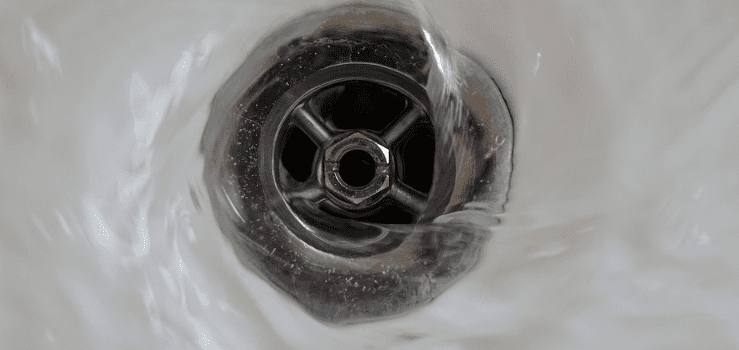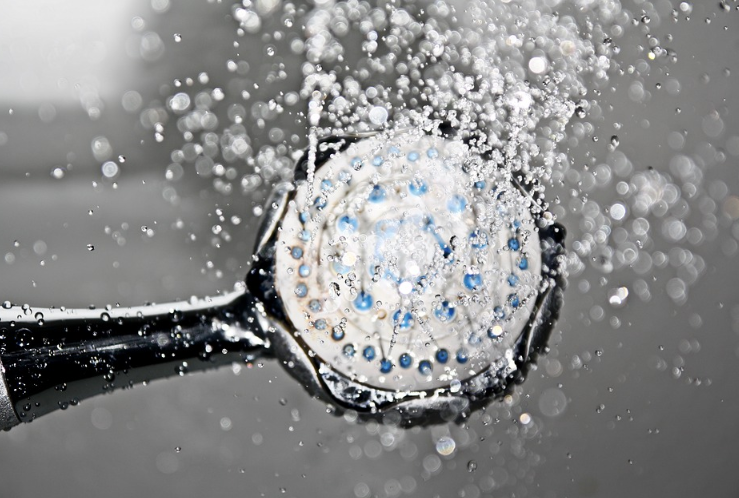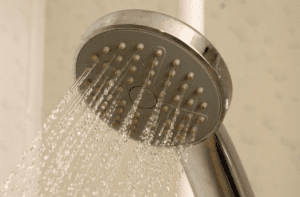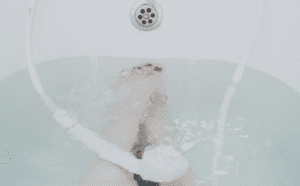
When I was a teenager, I remember hearing my mother complaining that the water was too demanding. I don’t remember which city we were in, but “hard water” meant that we had to use more detergent and much more liquid to wash the dishes, and my mother spent time removing salt residue from the bathtub and taps. Now, after spending weeks reading some scientific source about hard water and soft water, I can come up with this article. Here you can find everything you want to know about hard water and soft water.

The Outline of Hard Water and Soft Water
Due to the high concentration of minerals in the water, many magnesium and calcium substances in water can become ‘hard’. The hardness of water is measured by the number of parts per million (ppm) of these minerals dissolved in water. Although there is no single global standard for measuring hardness, US geological surveys’ water hardness classes are generally accepted.
On the other hand, Soft water contains high sodium content. It is great for washing and bathing. Even if the dishwasher and iron thank you personally, your body does not. At low concentrations, sodium makes it challenging to satisfy your cravings when drinking “salty” water. The salt (sodium) in the water will stimulate your appetite, the longer you drink it. To sum up, hard water is bad for you. If you are not used to drinking hard water – for example, if you have recently moved to a hard water area where you drink drinking water – you may have gastrointestinal discomfort until your body gets used to the new water.
The Cause of Hard Water
 Temporary hardness in water is the result of the dissolved carbonate minerals leaching into the aquifer. Boiling the hard water precipitates the calcium carbonate out of the solution, leaving behind water that becomes softer as it cools. On the other hand, permanent hardness is resulted as the calcium and magnesium sulfates in the water and chlorides are present in the water. When it comes to permanent hardness, despite its title, it still can be eliminated. However, the remedy will cost you a lot of money. The remedy to this issue is to install a water softener.
Temporary hardness in water is the result of the dissolved carbonate minerals leaching into the aquifer. Boiling the hard water precipitates the calcium carbonate out of the solution, leaving behind water that becomes softer as it cools. On the other hand, permanent hardness is resulted as the calcium and magnesium sulfates in the water and chlorides are present in the water. When it comes to permanent hardness, despite its title, it still can be eliminated. However, the remedy will cost you a lot of money. The remedy to this issue is to install a water softener.
How to Soften the Hard Water
Many commercials made it look so easy, but believe me, it’s not easy to soften the hard water. It can take a long time, a lot of buzzing, and a lot of merchandise to use before your surfaces are “miraculously” cleaned of stains and flakes.
Now, I use a straightforward home remedy. It is natural, it costs a penny per cup, and does not harm the environment. It can remove hard limescale deposits with a simple application of vinegar. From time to time, you will have to let things boil a little more. If this is the scenario, you can put several poles in the kitchen sink and then let them rest in the hot vinegar and water solution for a while before rubbing.
The Benefit of a Water Softener
 Installing a water purifier in the home can be expensive. Therefore, if you do not have serious iron bacteria problems, you should not install a water purifier. Establishing and maintaining a water purifier as part of water treatment plans will often alleviate the pain. However, under extreme circumstances, it may be necessary to transport fresh or hot water to the site with a pipe or truck.
Installing a water purifier in the home can be expensive. Therefore, if you do not have serious iron bacteria problems, you should not install a water purifier. Establishing and maintaining a water purifier as part of water treatment plans will often alleviate the pain. However, under extreme circumstances, it may be necessary to transport fresh or hot water to the site with a pipe or truck.
With commercial software, hard water can be a real problem. It can clog pipes. It can settle on the surfaces of heat exchangers and pipes, restrict water circulation, compromise the heat exchanger’s efficiency, and sometimes cause corrosion. Mineral deposits can also cause the metal parts of the boiler to overheat and lead to boiler failure.
